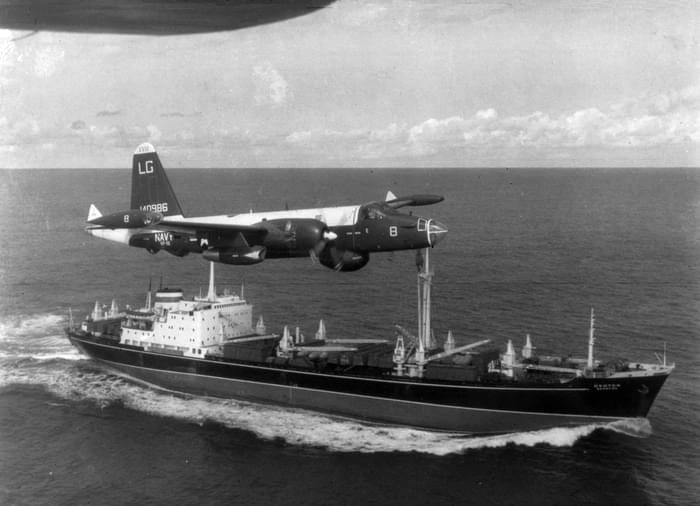Background to Solidarity
- Regular protests in Poland usually about wages or food.
- Protest didn't try to challenge Russia or government.
- In the late 1970's the economy hit crisis and government couldn't solve the problems.
- Small independent trade unions were set up and strikes broke out all over the country.
- 1980 free trade union (Solidarity started by Lech Walesa) They wanted free trade unions and the right to strike.
- Government agreed all 21 of their demands.
- Membership of solidarity grew to over 9 million.
- Poland sinks into chaos.
- December 1981 Brezhnev orders Red Army manoeuvres on Polish border, introduces Marshall Law imprisons Lech Walesa and 10,000 others and suspends Solidarity.
Why Russia / Polish government accepted Solidarity in 1980
- The union was strongest in the most important industries to the government and Russia.
- Solidarity was not a threat to the Communist party - wasn't an alternative but worked along side it.
- Lech Walesa was careful not to threaten Russia - tried to avoid provoking any disputes.
- Solidarity was very popular - Lech Walesa seen as folk hero.
- USSR tolerated Solidarity because it couldn't do anything else - Solidarity had lots of support in the West so Russia was very cautious.
- The atmosphere of Détente - more relaxed, more freedom of speech between Poland and West.
Why Russia / Polish government clamped down on Solidarity in December 1981
- Increasing signs Solidarity acting as a political party - more of a threat. Talked of setting up new government without Communist party.
- Poland sinking into chaos - food shortages, rationing, rising unemployment, strikes out of control. Russia worried people would turn to Solidarity and not Communism.
- Solidarity was also sinking into chaos. Many different groups in the Union. One group issued a statement that Poles were fighting "for your freedom and ours". Groups threatened to pull Solidarity apart - Lech Walesa unable or unwilling to control them. Threat to Russia.
Why Solidarity had wider implications than Hungary or Czechoslovakia
- Lech Walesa was a high profile leader and solidarity had support in the West.
- Solidarity became a symbol of East Europe's struggle against Communist repression.
- More widely known about because of Détente.
- Other Communist countries could look to Poland as a success story in trying to break away from Russian influence.
- Became focus of international attention.
- Involved millions of ordinary people.
